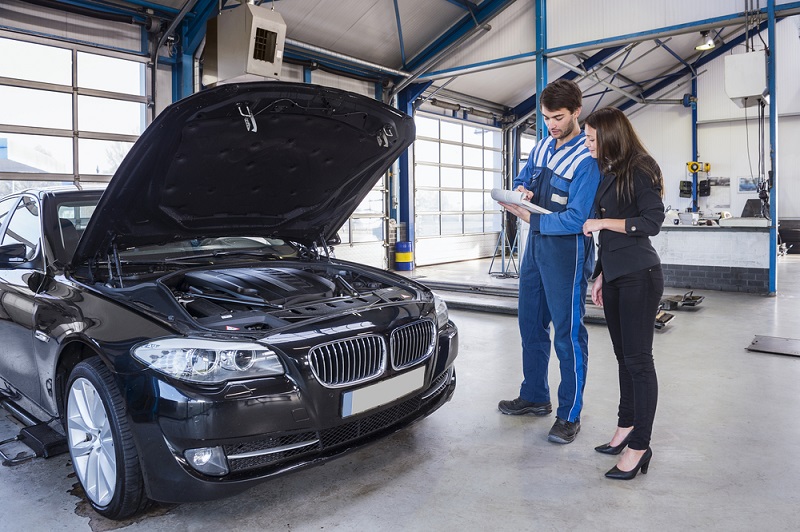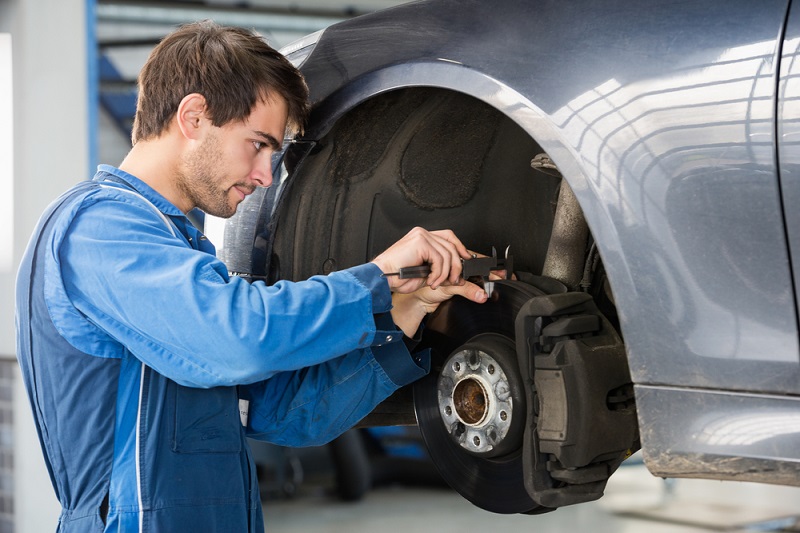Every car owner knows the relationship between a car and a mechanic is sacred. A mechanic is someone who examines, troubleshoot, restore and maintain various types of automobiles including personal vehicles, trucks, and heavy equipment machinery. Some mechanics perform general maintenance and repairs while others may have a specialisation in other areas such as tires, brakes, engines, or onboard computers. In today’s economy, cost-conscious consumers are finding it more beneficial to keep their existing cars and trucks running rather than buying new models. Most of the car care experts believe that the best way to save money over the life of a vehicle is selecting high-quality, full-service repair shop and allow them to work all their magic! As this helps to prevent breakdowns and often saves money by allowing drivers to make a small repair on an urgent basis instead of delaying the process, which can cost more.

The decision to repair a car is only the first step in the right direction but it won’t be fruitful unless you choose the right mechanic. To reap the benefits, the consumer should keep certain factors in mind while talking to the automotive mechanic so that the trip to the shop won’t ultimately turn sour.
Here are five ways to pick a mechanic you can trust-
1. Technology savvy
As vehicles technology, a mechanic should be updated with the current technology and techniques so that they can cater to all of the customer’s need. As hybrids become more popular, for example, mechanics will be knowledgeable on the most common problems or what could be the most common problems. If a mechanic is not up-to-date with technology his services and skills will be as good as obsolete.
2. Communication
A good mechanic should have excellent communication skills and should be able to understand the customer’s needs and demands. He should quickly suggest possible ways of addressing problems. He should ask all the right questions from the customer like what ails your ride, noting specific sounds, sensations, leaks and smells, and when and how often they occur. What happened just before the car stopped running; how did it function the day before it didn’t start and when the vehicle was last brought in service? He should be well versed with terms like Backfire, Bottoming, Bucking, Dieseling, Misfire, Sluggish, Surge etc.
3. Certification
While the minimum requirement for qualifying as a mechanic is high school diploma but post-secondary training is often preferred by employers. Even though it’s not compulsory to get certification for a mechanic but a customer and employers prefer it. It increases the trust and value from the mechanic from the customer’s perspective.

4. Specialisation
Does your mechanic specialise in servicing your car? You can find mechanics that specialise in four-wheel drives, European cars, Japanese cars, American cars, classic cars and performance vehicles, so find one that understands your car. You can also find specialists in repairing component parts such as transmissions, brakes, mufflers, radiators and machining. Ask if your car will be sent to another mechanic if some major work is required.
5. Location
You will be without a car for a least a day, so make sure the mechanic is easily accessible via public transport. Check what time the mechanic opens. Can you drop it off before work? Will the shop still be open after you finish work? There’s no point finding the cheapest mechanic, only to take two hours off work to get it there. Ask if your mechanic provides a courtesy car, and if they do, book your service in well in advance to take advantage of it.







